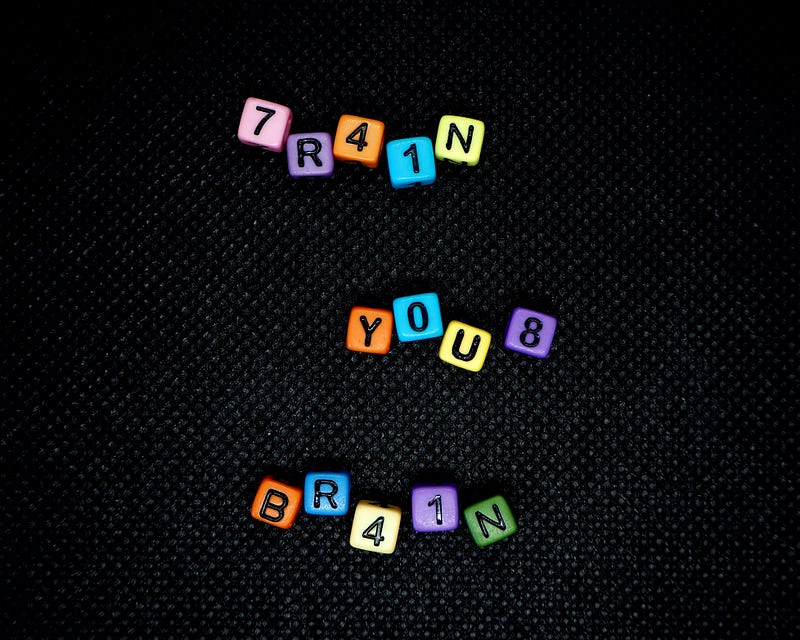Exploring the Intersection of Quantum Mind and Fiction
Written on
Chapter 1: The Quantum Brain and Human Consciousness
The human brain operates on principles akin to those of a quantum system. The complexities of consciousness and intelligence have long eluded clear explanations, prompting some theorists to explore connections with quantum physics. Quantum mechanics seeks to unravel the enigmas of the universe and the physical realm, focusing on phenomena at atomic and subatomic scales.

Section 1.1: The Mind's Enigma
The capabilities of the human brain surpass the current limits of artificial intelligence. Our perception of reality is shaped by our reactions to it, leading to the possibility that our understanding may merely be an illusion, a fragment of human consciousness. Scientists are increasingly investigating the intricate nature of the mind through the lens of quantum theory. A fascinating aspect of quantum mechanics is the ability of particles to exist in multiple states simultaneously—does this suggest that our minds can hold conflicting ideas at once?
Section 1.2: The Fragility of Quantum States
Recent theories propose that delicate quantum states might be sustained for extended periods within the warm, moist environment of the human brain. This concept leads us into the realm of Quantum Fiction, where everyday life intertwines with the quantum nature of reality. As writers, we must consider how Quantum Theory and the quantum aspects of consciousness shape our creative processes.
Chapter 2: The Collective Consciousness of Ideas
As a writer, I often encounter instances where an idea emerges only to discover that a similar concept has been explored by someone else shortly thereafter. This phenomenon suggests that we tap into a universal consciousness where ideas circulate, waiting for a creative mind to seize them. In this shared intellectual space, we draw upon our imagination to craft unique narratives.
Thank you for engaging with this exploration of the quantum mind and its implications for writing. I hope you found it thought-provoking. — Warren Brown